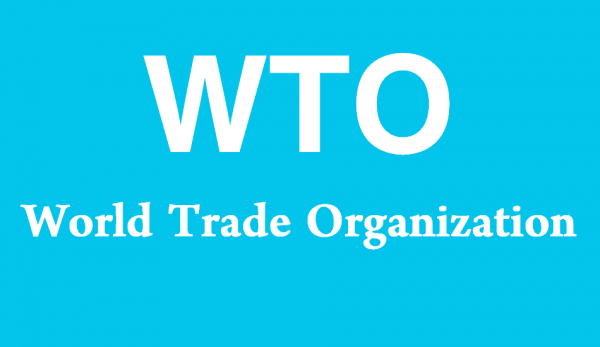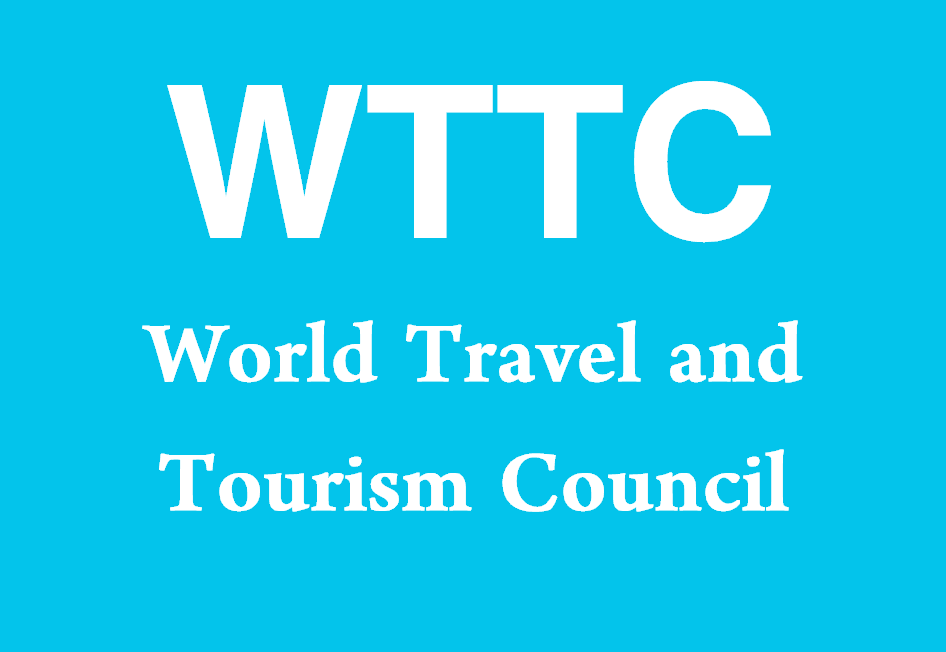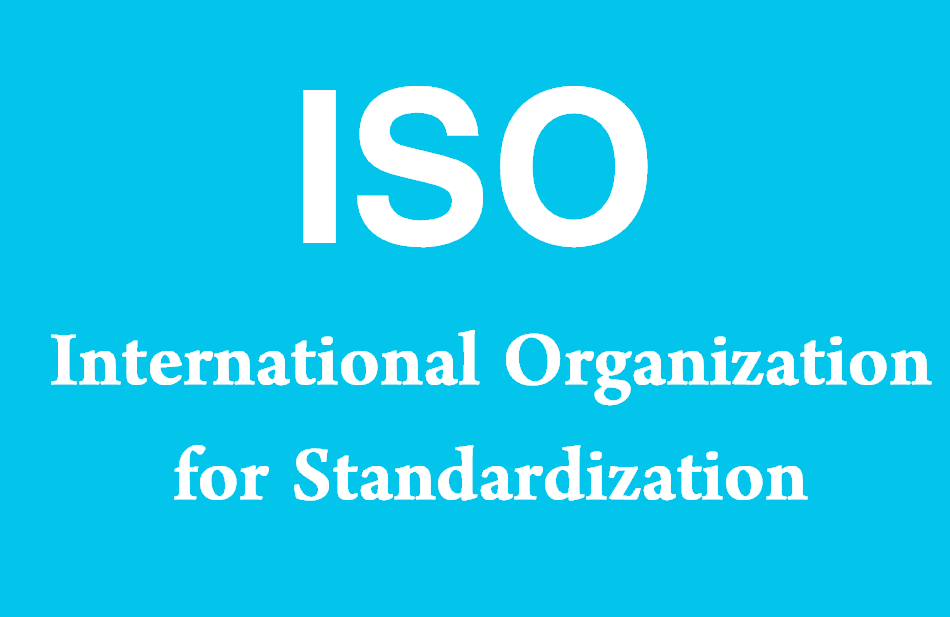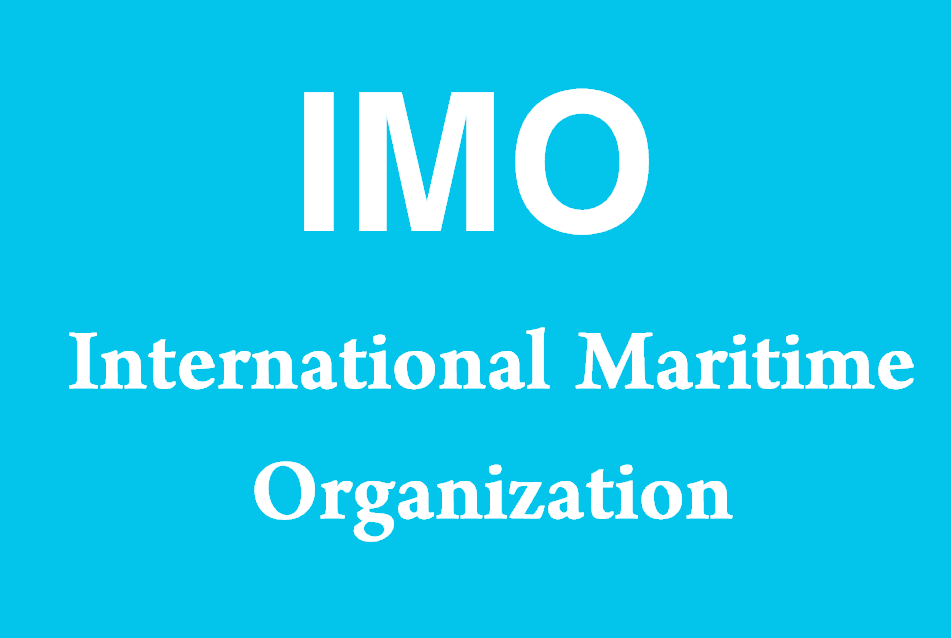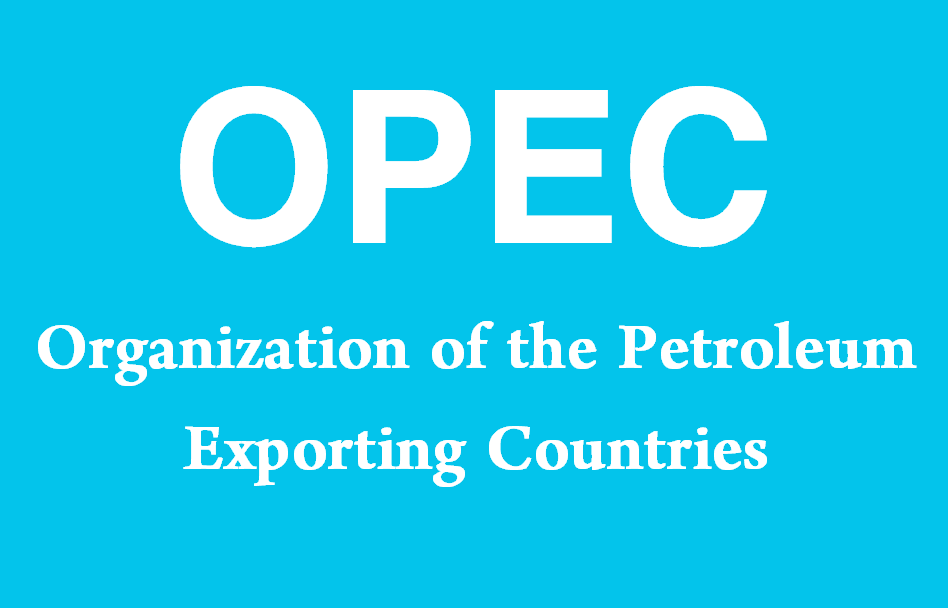What Does WCO Stand For?
WCO stands for “World Customs Organization.” The World Customs Organization is an international body dedicated to enhancing the effectiveness and efficiency of customs administrations worldwide. Established to promote international trade and ensure the security and facilitation of global supply chains, the WCO plays a crucial role in standardizing and harmonizing customs procedures across its member countries.

Comprehensive Explanation of the World Customs Organization (WCO)
Introduction to the World Customs Organization
The World Customs Organization (WCO) is an independent intergovernmental body whose mission is to enhance the effectiveness and efficiency of customs administrations. Established in 1952 as the Customs Co-operation Council (CCC), the organization adopted its current name in 1994 to reflect its global scope and influence.
Mission and Objectives
The primary mission of the WCO is to improve the efficiency and effectiveness of customs administrations worldwide. Its objectives include:
- Standardization of Customs Procedures: Developing international standards and guidelines to harmonize and simplify customs procedures, thereby facilitating global trade.
- Trade Facilitation: Enhancing the efficiency of customs operations to expedite the movement of goods across borders while ensuring compliance with international trade regulations.
- Capacity Building: Providing training and technical assistance to customs administrations, particularly in developing countries, to strengthen their operational capacities.
- Security: Enhancing the security of the global supply chain by implementing measures to detect and prevent illicit trade, including smuggling, fraud, and terrorism.
- Revenue Collection: Assisting customs administrations in optimizing revenue collection processes to ensure that governments receive the appropriate duties and taxes on imported goods.
Structure and Governance
The WCO is governed by several key bodies that ensure the organization’s objectives are met effectively:
The Council
The Council is the supreme decision-making body of the WCO, consisting of representatives from all member countries. It meets annually to set the strategic direction and policies of the organization.
The Policy Commission
The Policy Commission is responsible for developing strategic policies and providing guidance on key issues affecting customs administrations. It meets twice a year and comprises representatives from member countries.
The Secretariat
The Secretariat is the executive body of the WCO, responsible for implementing the decisions and policies set by the Council and the Policy Commission. It is headed by the Secretary General, who is appointed by the Council.
Key Initiatives and Programs
Harmonized System (HS)
The Harmonized System (HS) is a standardized nomenclature for classifying goods in international trade. Developed and maintained by the WCO, the HS is used by customs authorities worldwide to ensure uniformity and consistency in the classification of goods.
SAFE Framework of Standards
The SAFE Framework of Standards aims to secure and facilitate global trade. It includes measures to enhance the security of the international supply chain, promote cooperation between customs administrations, and establish standards for customs-to-business partnerships.
Authorized Economic Operator (AEO) Program
The AEO program recognizes businesses that meet specific security and compliance standards. AEO status grants businesses certain benefits, such as expedited customs procedures and reduced inspection rates, enhancing their competitiveness in the global market.
Capacity Building and Technical Assistance
The WCO provides extensive capacity-building programs and technical assistance to its member countries. These programs aim to enhance the skills and capabilities of customs officials, improve customs operations, and promote best practices in customs administration.
Impact on International Trade
Trade Facilitation
By standardizing customs procedures and promoting best practices, the WCO plays a crucial role in facilitating international trade. Efficient customs operations reduce delays and costs associated with cross-border trade, benefiting businesses and economies globally.
Security and Compliance
The WCO’s initiatives to enhance supply chain security and ensure compliance with international trade regulations help protect against illicit trade activities. This contributes to the safety and security of global trade, safeguarding the interests of legitimate businesses.
Revenue Collection
Efficient customs operations supported by the WCO’s standards and guidelines ensure that governments collect the appropriate duties and taxes on imported goods. This revenue is critical for funding public services and infrastructure development.
Challenges and Future Directions
Technological Advancements
The rapid pace of technological advancements presents both opportunities and challenges for customs administrations. The WCO is focusing on integrating technologies such as blockchain, artificial intelligence, and data analytics to enhance customs operations and improve trade facilitation.
Environmental Sustainability
The WCO is increasingly recognizing the importance of environmental sustainability in customs operations. Initiatives to reduce carbon emissions, promote green customs practices, and support sustainable trade are becoming integral to the organization’s strategic priorities.
Global Cooperation
The WCO continues to promote international cooperation and collaboration among customs administrations. Strengthening partnerships with other international organizations, such as the World Trade Organization (WTO) and the International Maritime Organization (IMO), is essential for addressing global trade challenges effectively.
Notes to Importers
Importance of the WCO for Importers
For importers, the WCO is a vital organization that helps streamline customs procedures, reduce trade barriers, and enhance supply chain security. Understanding the WCO’s standards and initiatives is crucial for navigating international trade efficiently and ensuring compliance with customs regulations.
Key Considerations for Importers
Compliance with HS Classification
Importers must ensure that their goods are correctly classified according to the Harmonized System (HS) nomenclature. Accurate classification is essential for determining the appropriate duties and taxes and avoiding delays in customs clearance.
Participation in AEO Programs
Importers can benefit from participating in Authorized Economic Operator (AEO) programs. Achieving AEO status can lead to expedited customs procedures, reduced inspection rates, and enhanced supply chain security, providing a competitive edge in the global market.
Adherence to Security Standards
Compliance with the WCO’s security standards, such as those outlined in the SAFE Framework of Standards, is critical for protecting against illicit trade activities. Importers should implement robust security measures to ensure the integrity of their supply chains and avoid penalties.
Practical Tips for Importers
Stay Informed
Importers should stay informed about the latest developments and updates from the WCO. Regularly reviewing WCO publications, attending industry conferences, and participating in training programs can help importers stay current with international trade practices and regulations.
Leverage Technology
Utilizing advanced technologies such as electronic data interchange (EDI), blockchain, and data analytics can enhance the efficiency and accuracy of customs operations. Importers should explore technology solutions that align with WCO standards to streamline their trade processes.
Build Strong Relationships with Customs Authorities
Establishing strong relationships with customs authorities can facilitate smoother customs clearance and ensure compliance with regulations. Importers should engage in open communication with customs officials and seek their guidance on complex trade issues.
Sample Sentences and Their Meanings
- “The WCO’s Harmonized System (HS) classification ensures uniformity in global trade.”
- This sentence highlights the role of the WCO in standardizing the classification of goods for international trade.
- “As an Authorized Economic Operator (AEO), our company benefits from expedited customs procedures under the WCO framework.”
- This sentence emphasizes the advantages of participating in the WCO’s AEO program, such as faster customs processing.
- “The WCO’s SAFE Framework of Standards enhances the security of our supply chain.”
- This sentence points out the importance of the WCO’s security measures in protecting the supply chain from illicit activities.
- “We rely on WCO guidelines to ensure compliance with international trade regulations.”
- This sentence indicates that the company follows WCO standards to adhere to global trade laws and regulations.
- “The WCO’s capacity-building programs have significantly improved our customs operations.”
- This sentence highlights the positive impact of WCO training and technical assistance on the efficiency of customs processes.
Other Meanings of WCO
| Acronym | Full Form | Description |
|---|---|---|
| WCO | World Customs Organization | An international body dedicated to enhancing the efficiency of customs administrations. |
| WCO | West Coast Offense | A type of offensive strategy used in American football. |
| WCO | Wildlife Conservation Organization | An organization focused on protecting wildlife and their habitats. |
| WCO | Web Content Optimization | Techniques and strategies for improving the visibility and performance of web content. |
| WCO | Waste Collection Officer | A professional responsible for managing waste collection services. |
| WCO | Wireless Communications Operator | A company that provides wireless communication services. |
| WCO | Women’s Charity Organization | A nonprofit organization dedicated to supporting women and women’s causes. |
| WCO | World Climate Organization | An organization focused on addressing global climate change issues. |
| WCO | Worker’s Compensation Office | A government office that manages worker’s compensation claims and benefits. |
| WCO | Wind Currents Observatory | A facility dedicated to studying and monitoring wind patterns and currents. |
| WCO | Water Conservation Office | A government office responsible for managing and promoting water conservation efforts. |
| WCO | Western Cultural Organization | An organization that promotes and preserves the cultural heritage of Western regions. |
| WCO | Wireless Control Operator | A professional responsible for managing and operating wireless control systems. |
| WCO | World Chess Organization | An international organization that promotes and regulates the game of chess. |
| WCO | Windows Configuration Office | A department within an IT organization responsible for managing Windows configurations. |
| WCO | Wildlife Crime Office | A government office focused on combating wildlife crime and illegal trade. |
| WCO | Web Control Operator | A professional responsible for monitoring and managing web traffic and content. |
| WCO | Women’s Counseling Organization | A nonprofit organization providing counseling services to women. |
| WCO | War Crimes Office | An office responsible for investigating and prosecuting war crimes. |
| WCO | World Coffee Organization | An international body focused on promoting and regulating the global coffee industry. |

